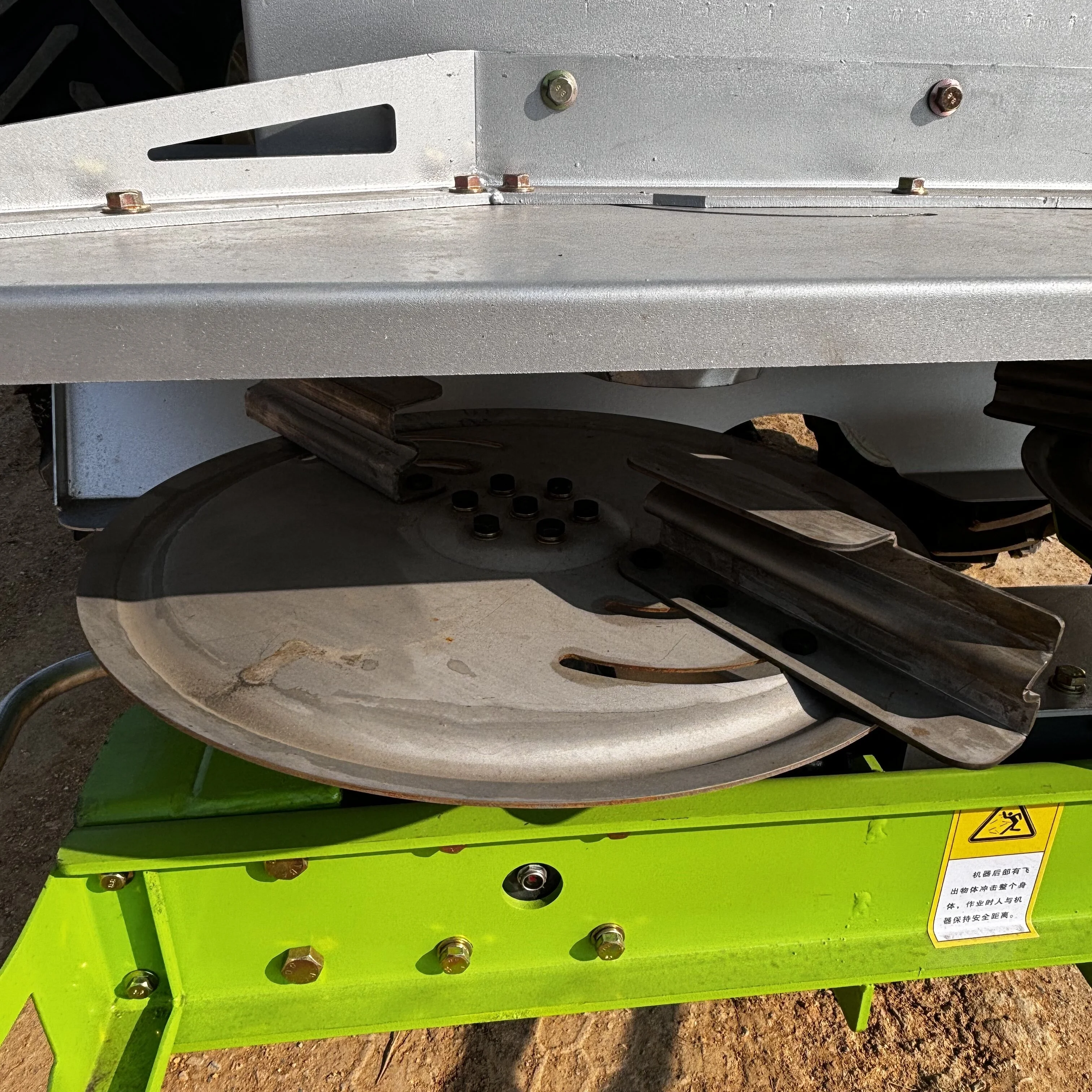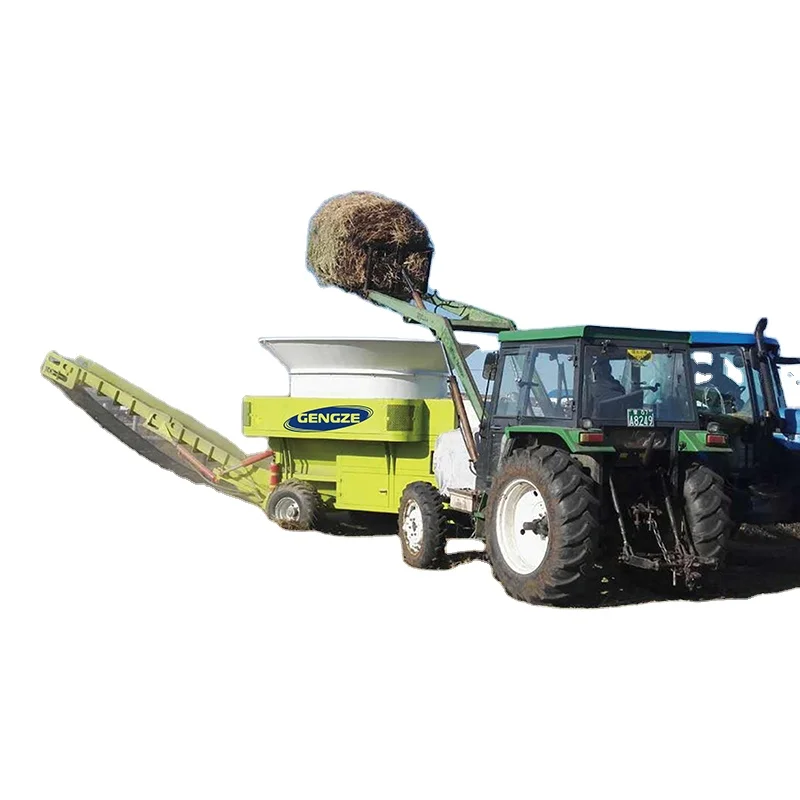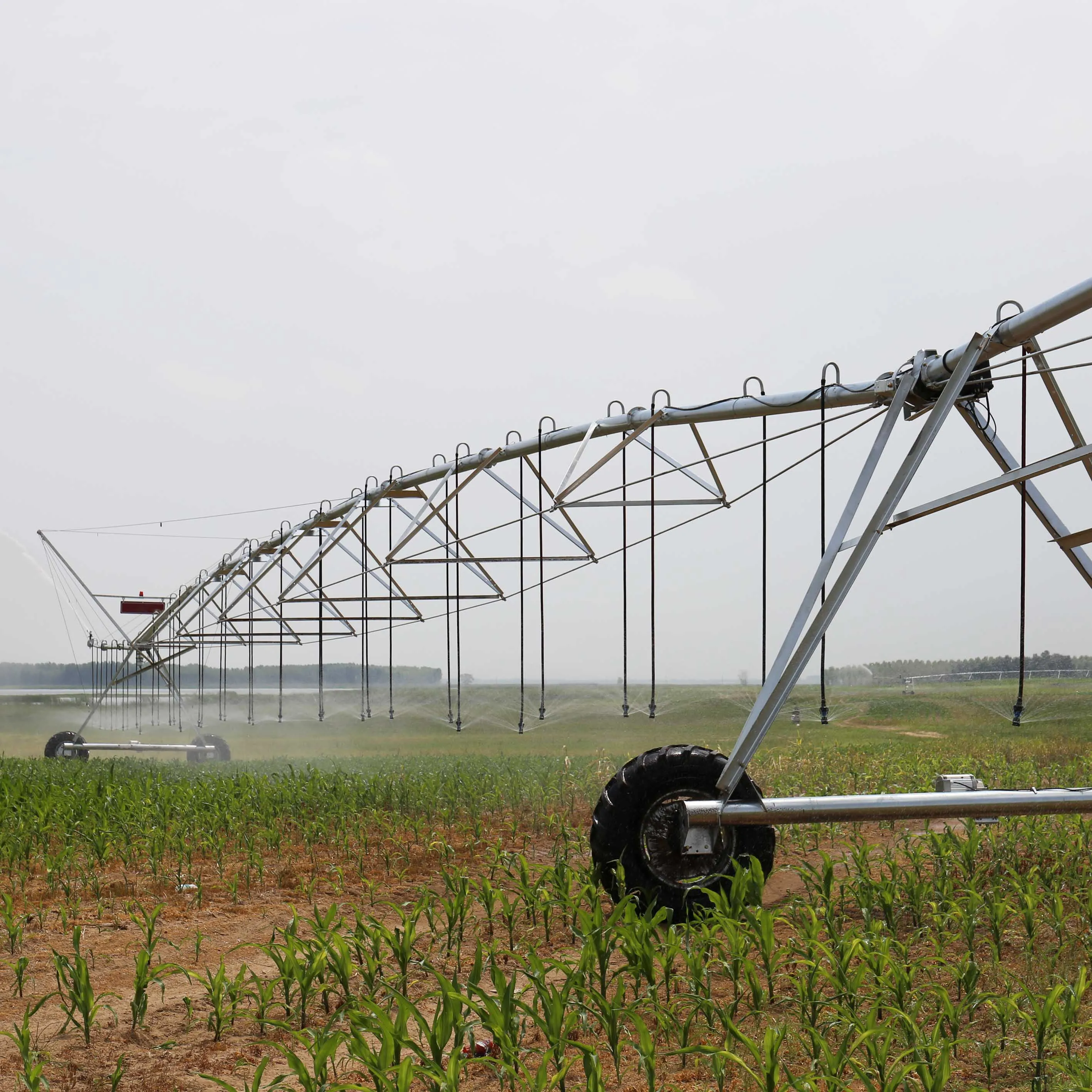Linear pivot irrigation systems are unique gadgets that make it easier for farmers to water their harvests. They resemble long pipes with sprinklers that move slowly along fields, sprinkling water onto all plants. These Gengze systems are amazing because farmers can operate them from a distance saving time and ensuring that every plant has the exact amount of water it needs.
Water is key and farmers need to be wise in how they use water to have a successful crop. Linear central pivot irrigation systems aid through direct spraying of the plants with water. That way, there’s less waste and every drop goes to good use. Farmers can produce more food at a lower cost of water which is good for the environment and their bottom line.
There is a right way to water crops. Too much water can be detrimental to the plants but too little can cause them to dry up. Linear pivot irrigation systems are also useful for that they can be programmed to water each crop just the right amount. That’s compared with the plant’s productive growth. It also saves farmers time and labor for other vital tasks.

According to the farmers, to produce more food with less work is what they want. Linear or lindsay pivot irrigation systems of Gengze simplify the task of watering crops evenly. When plants receive just enough water they can grow more rapidly and even produce more fruits and vegetables.

One of the things that make linear pivot irrigation systems so great is that they can be remotely controlled by farmers. They don’t have to trudge out through marshy fields to check on things. Instead they are able to monitor and adjust the system on their phones or computers.

Sustainability is about using resources wisely so they don't run out. Gengze linear pivot irrigation system help farmers do this by conserving water and assisting them to grow more food. When farmers use less water and expend less effort they can help the environment be healthy and ecosystems remain healthy. That way future generations are not going to get the chance to farm without having depleted natural resources.